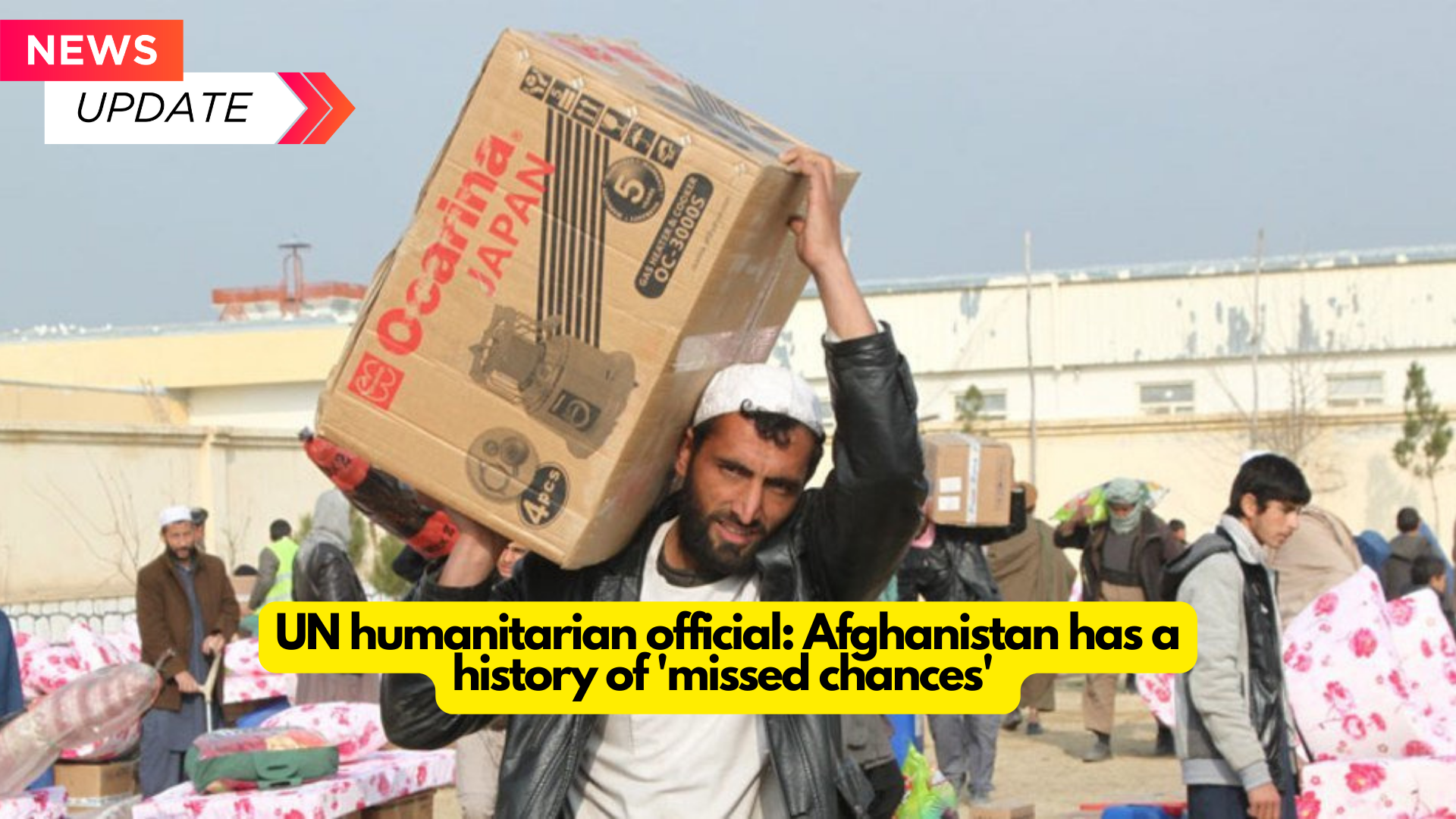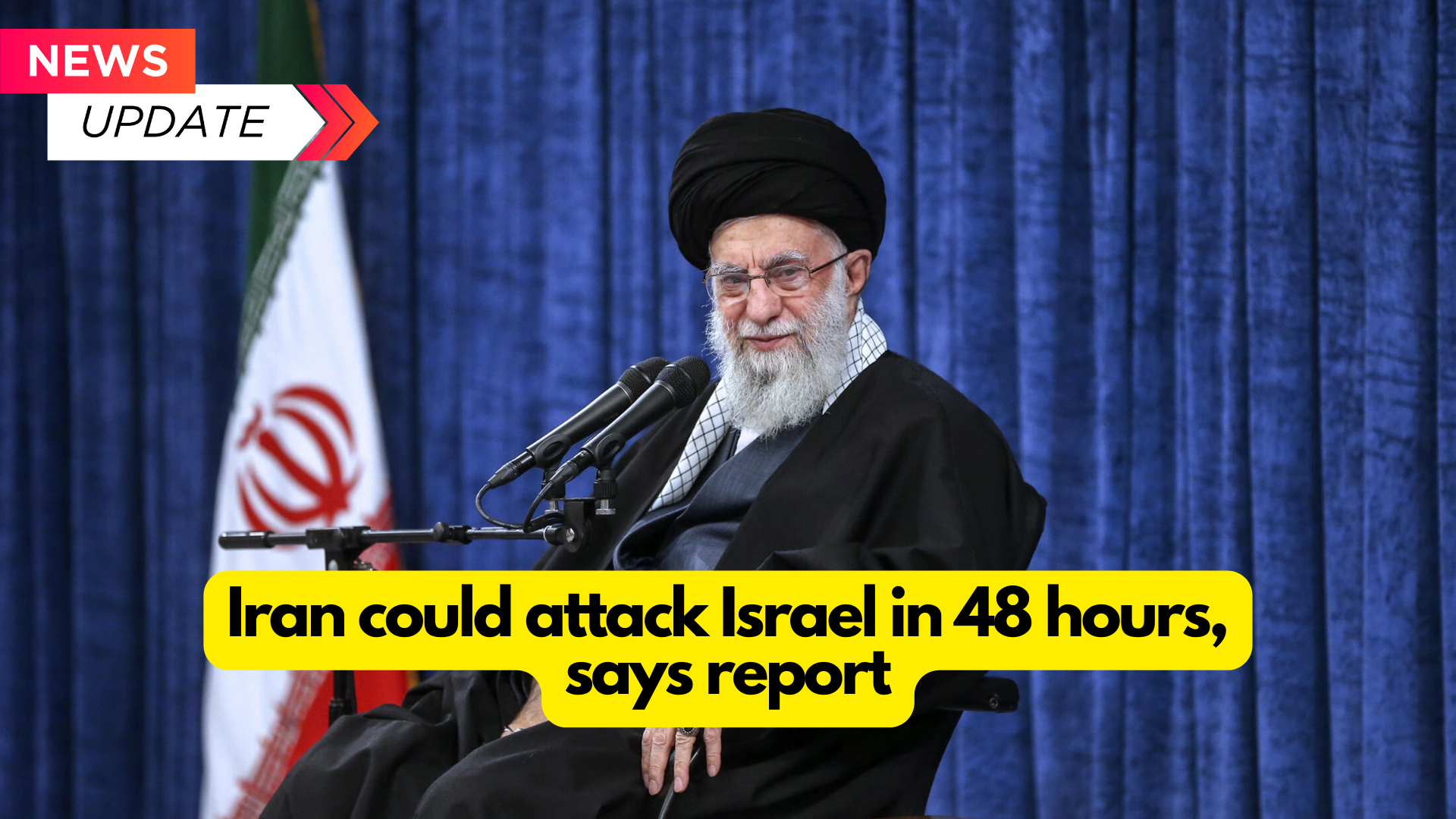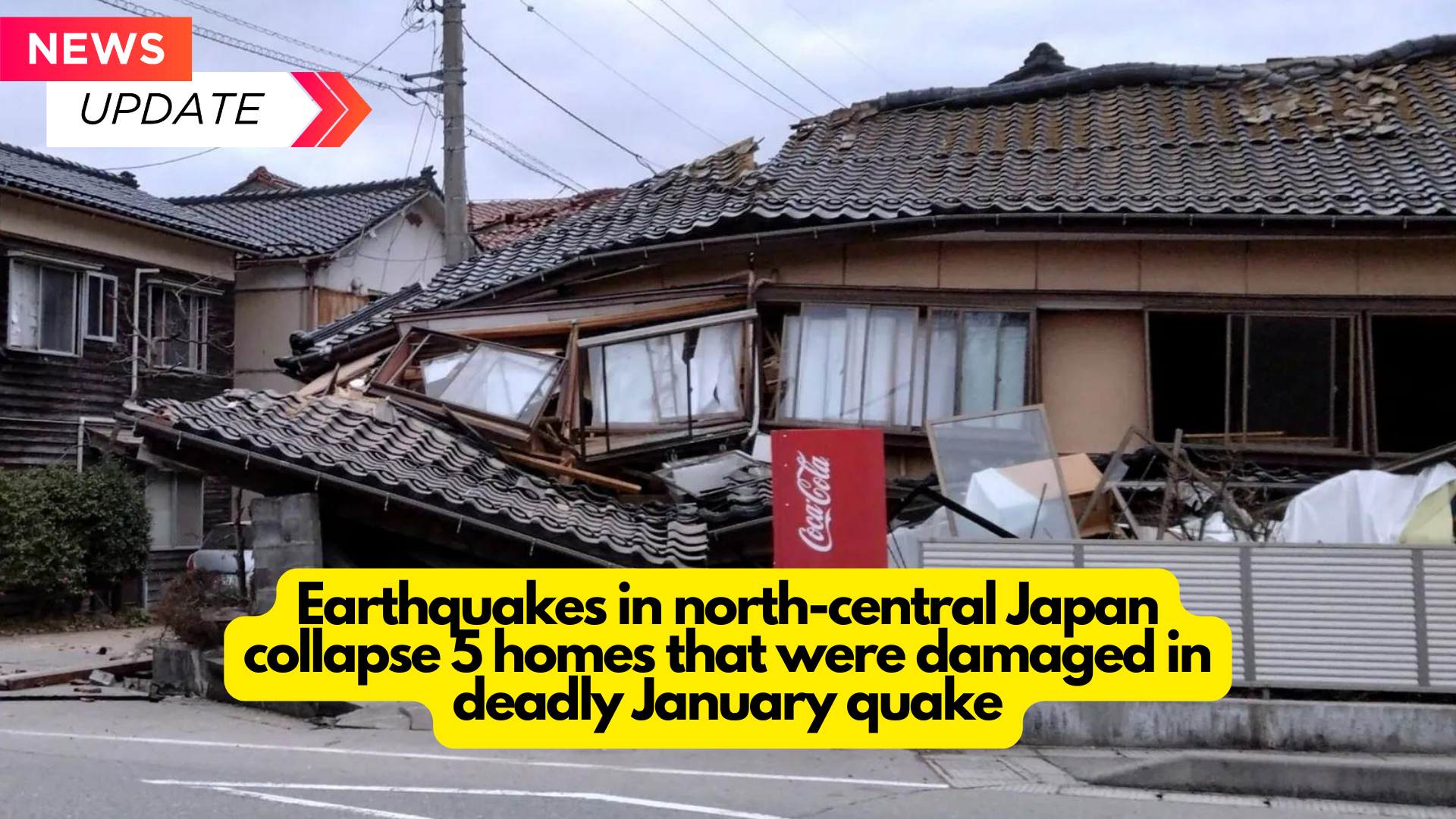UN humanitarian official: Afghanistan has a history of ‘missed chances’
According to UN Under-Secretary-General Marting Griffiths, Afghanistan has a history of “lost opportunities” due to the Taliban’s iron fist rule and human rights crimes.”I believe we have missed some opportunities to engage further” with the Taliban, Griffiths, who has the humanitarian affairs portfolio and serves as the emergency assistance coordinator, said on Tuesday.
“There is a certain way of engaging with them, taking into account, I think, the appalling edicts,” he stated.
“We haven’t been able to craft a formula that allows us to have across-the-board engagement” with the Taliban, he added.
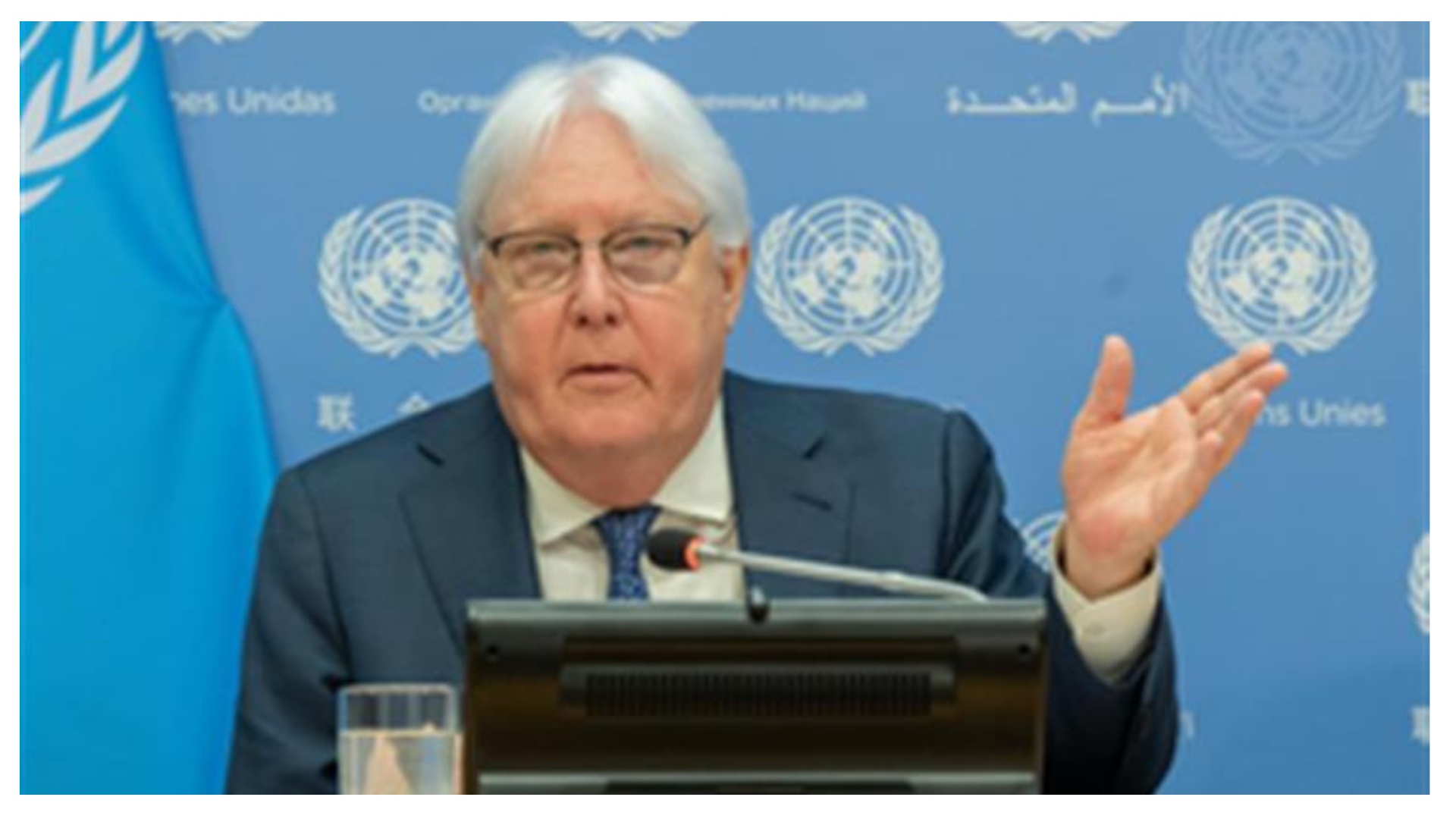
Investments and economic attention would give an access point into Afghanistan, and “key member states” would be responsible for moving it forward, he added.
Griffiths expressed optimism that the UN summit in Doha on June 30 will establish the framework for coordinating the international response to Afghanistan.
When the Taliban took power in 2021 after the US withdrew its soldiers from Afghanistan, “we had some hopes then, and we did have some written commitments,” he stated.
“And those dreams were crushed. The edicts against women and girls have followed one after the other,” he stated, referring to Taliban decrees prohibiting girls’ education and women working outside the house.
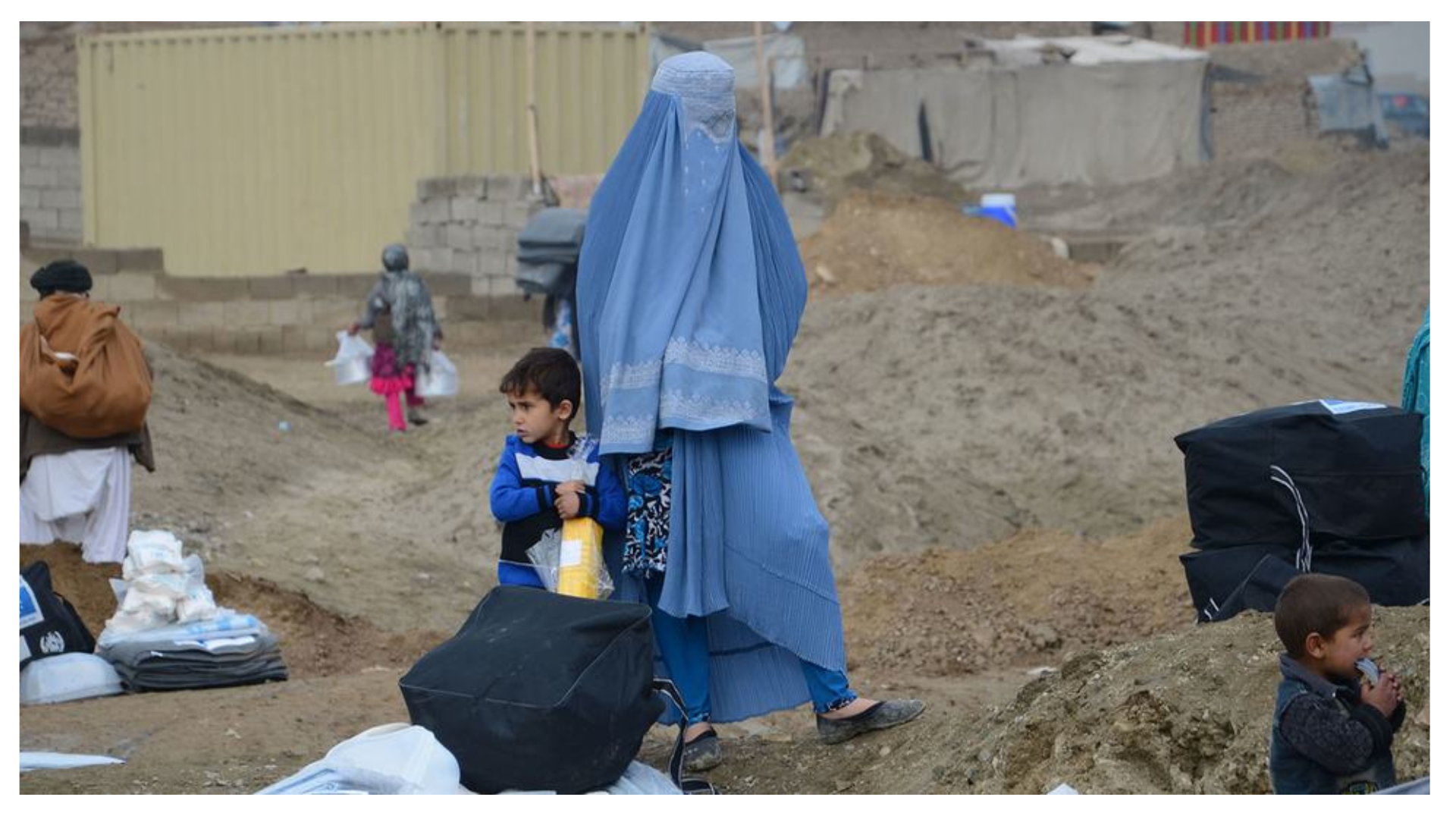
These were the results of 20 years of missed opportunities, he explained.
Griffiths, who is leaving the UN at the end of this month after more than 30 years of humanitarian service, believes the world’s position is worse now than when he started.
“God knows it’s a bad world,” he remarked, referring to the impunity with which violence and humanitarian crises persist despite Security Council decisions.
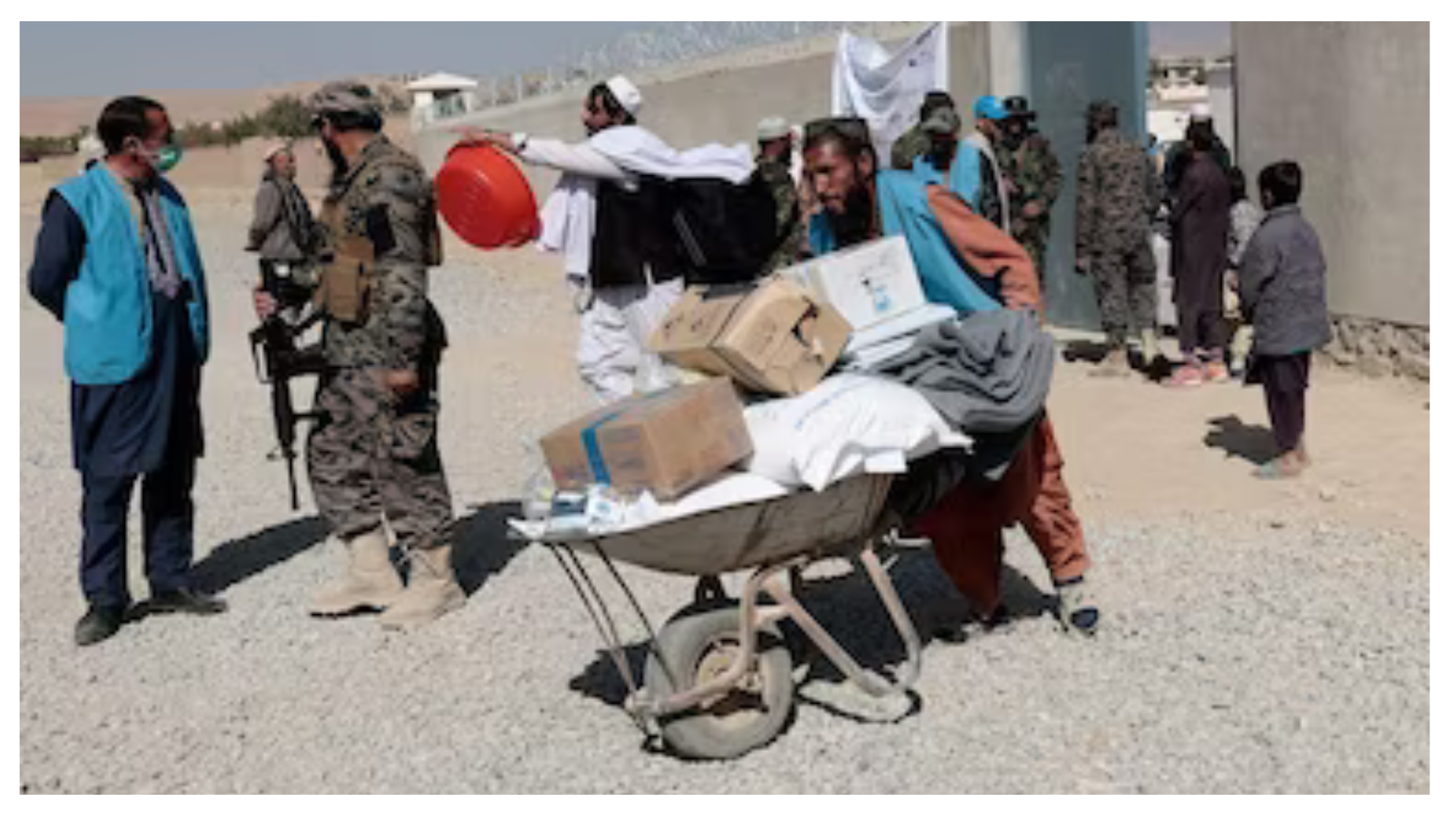
Although the United Nations was intended to stop the “scourge of war,” he stated, “We’re not winning in terms of conflict resolution.”
“It’s essentially because attention and commitment to the use of negotiation and dialogue to end conflict are traits, norms, and commitments that are no longer essential components of international diplomacy,” he stated.
At the same time, he found hope for mankind in the simple generosity he had seen among the destitute, such as when impoverished people shared their little food supplies with refugees.
